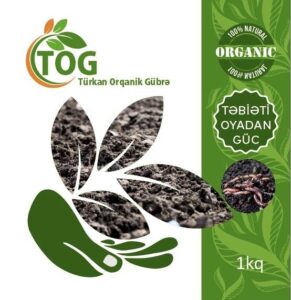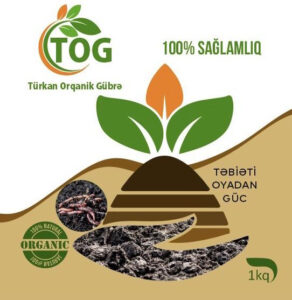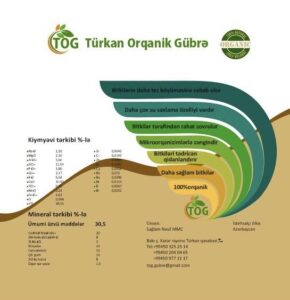The father of medicine Hippocrates said: “Let your food be your medicine…”. In recent years, the ideas and advice of Hippocrates have been fully confirmed. Naturally, health is a capital given to man by nature from the very beginning, and once lost, it is difficult to get it back. But, at the same time, human health is largely determined by the environment in which he is forced to live.
Data from the World Health Organization indicate that:
at least 50% of human health depends on lifestyle;
20% is due to heredity;
20% – on the influence of the external environment;
10% – on health-related factors.
That is, one should not expect a miracle from medicine – a person creates his own health, and doctors are, unfortunately, only assistants.
Today we are witnessing the rapid development of organic food production worldwide. For example, in Europe this market has grown by 13% in the last year alone. In the future, this sector of agriculture is expected to grow even more actively. But how do you grow pure foods? Crop production primarily depends on the quality of the soil. Soil is the main means of agricultural production. At the same time, having the ability to absorb and retain various pollutants, binding them chemically and physically, the soil thereby serves as a kind of filter that prevents these compounds from entering natural waters, plants and further along the food chains into animals and humans.
It is vital for people to get enough nutrients necessary for the construction and normal functioning of the body. It should be remembered that along with the components of food, a person also receives substances that can be both beneficial and harmful to his development. The growth of cities and the development of industry lead to a significant increase in the amount of waste that causes pollution of the soil, air and groundwater, which can cause many diseases, often leading to death. The lack or excess of trace elements in the soil also leads to their deficiency in plants, animals and humans.
From time immemorial, man has sought to obtain the maximum amount of the crop and used a variety of tricks for this. However, if in ancient times the methods of influencing the soil were reduced to the tricks of processing and the application of some organic fertilizers, today the methods of influencing the soil have reached a completely different level. For the cultivation of various kinds of crops, a wide variety of mineral fertilizers are widely used today, which lead to the accumulation of toxic substances in all soil layers.
Raw materials used for the production of mineral fertilizers contain strontium, uranium, zinc, lead, cadmium and others, which are technologically difficult to extract. As impurities, these elements are included in superphosphates, in potash fertilizers. The most dangerous heavy metals: mercury, lead, cadmium. The latter destroys erythrocytes in the blood, disrupts the functioning of the kidneys, intestines, and softens tissues. The composition of superphosphate also includes fluorine in the amount of 1-5%, and its concentration can reach 77.5 mg/kg, causing various diseases of the hepatobiliary, renal, and hematopoietic systems. Nitrates contribute to increased cholesterol, provoke a decrease in protein in the body. Nitrates provoke cancerous tumors in the human body, especially the gastrointestinal tract, thyroid gland, etc. suffer.
Modern trends are such that people need to minimize the use of substances so harmful to the soil and the human body and prefer to influence the increase in yields by other methods.
The main advantage of organic fertilizers is that they not only contain a balanced amount of nutrients that enter the soil as organic matter decomposes, but also significantly improve the physical properties of the soil.
Organic fertilizers contain only natural ingredients. Just like minerals, they contain potassium, phosphorus, nitrogen, calcium, iron, magnesium, and so on (almost the entire periodic table). The difference is that all these elements are of natural (plant or animal) origin.
Sağlam nəsil is an organization producing organic fertilizer “TOG” based on cow dung. Organic fertilizer “TOG” (biohumus) contains a large amount of humic substances (potassium humate and ammonium humate), humic acids and fulvic acids, does not contain pathogenic microorganisms, parasites and heavy metal derivatives. All nutrients have an organic structure, which provides a prolonged positive effect of fertilizer – a highly effective and natural means for growing crops. The Azerbaijani market of organic fertilizers is only in its infancy.







